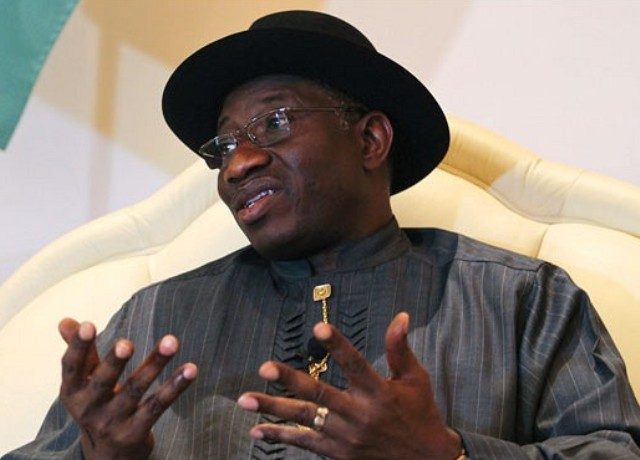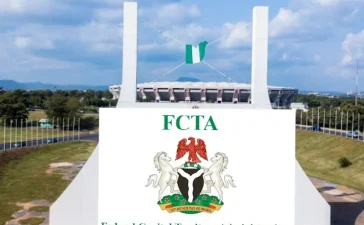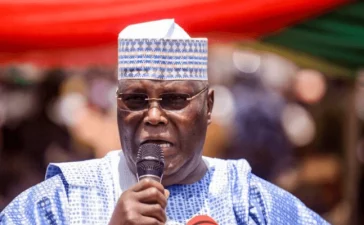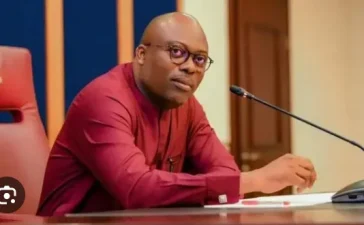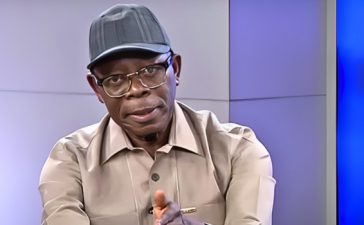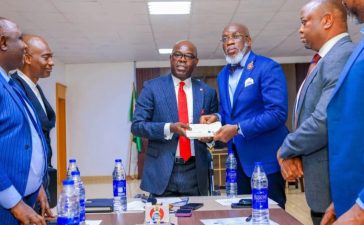Former President Goodluck Jonathan has attributed his continued absence from active partisan politics to the strict non-partisan requirement of the West African Elders Forum (WAEF), where he currently serves as a member.
Jonathan made the remarks in Abuja on Thursday during an event marking the 10th anniversary of the Goodluck Jonathan Foundation (GJF), themed “Legacy of Impact, Celebrating Our Journey.” The celebration also doubled as a gala to mark the former president’s 68th birthday.
Speaking to associates, Jonathan explained that members of the forum an initiative composed of former heads of state in West Africa are required to maintain political neutrality as part of their mandate in preventive diplomacy. He said WAEF members visit countries during elections not just as observers but as mediators helping to avert electoral crises.
“The idea is, yes, we observe the elections, but we are not co-observers. We go there to make sure that if we notice anything negative emerging, we intervene and try to see what we can do so that those issues do not snowball into a full crisis,” Jonathan stated.
He added that to remain in the forum, one must step away from active politics, a condition some of his supporters struggle to accept.
“One clear condition is that you will no longer be an active politician, and that is why I am disappointing most of my political associates. They expect me to play an active role in politics, but before I do, I must first resign from the WAEF,” he said.
Commenting on the nation’s political climate, Jonathan criticised what he described as “rascality” and urged politicians to conduct themselves with professionalism and responsibility.
“We must change the face of politics. We must see politics as a business of responsible individuals, not a business of rascals that they play in the motor park,” he said.
Jonathan expressed grief over the recent kidnapping of about 25 schoolgirls in Kebbi State, recalling that the incident brought back painful memories of the Chibok girls’ abduction under his administration. He extended condolences to the bereaved families and called for prayers for the safe return of the victims and an end to such tragedies.
Reflecting on the origins of the Goodluck Jonathan Foundation, he revealed that the idea was first proposed by businessman Tony Elumelu after Jonathan left office in 2015. Although he initially considered several areas including education and poverty alleviation, advisers recommended he focus on democracy, where he had earned global respect particularly for conceding defeat before the conclusion of the 2015 presidential election.
GJF Executive Director, Ms. Ann Iyonu, described the 10th anniversary as a moment to reflect on a decade of promoting inclusive democratic governance, development and peace across Africa. She said the Foundation has championed efforts to strengthen institutions through election mediation, observation missions, policy dialogues and advocacy.
She noted that GJF’s annual Democracy Dialogue, inaugurated in 2021, has become a leading platform for addressing challenges confronting democratic resilience in Africa.
According to Iyonu, the Foundation has also helped foster peaceful transitions, strengthen trust between citizens and government, combat violent extremism, and enhance Africa’s global visibility through strategic partnerships.

